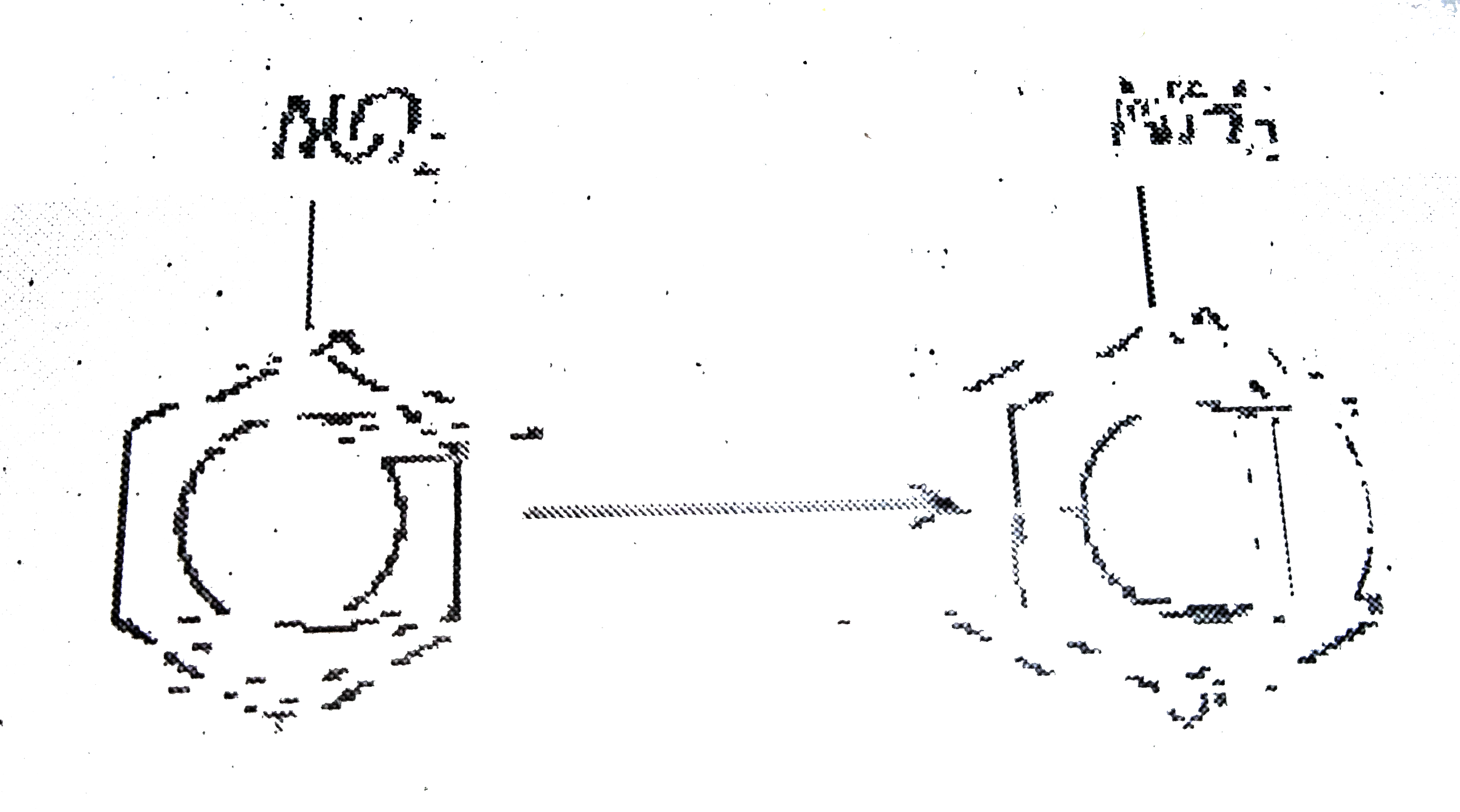Which of the following reagents cannot be used for differentiation between glucose and fructose ?
Lucas reagent
Br2−H2O
Tollen's reagent
2,4- DNP
The correct Answer is:A, C
To determine which reagent cannot be used for the differentiation between glucose and fructose, we need to analyze the characteristics of each reagent and how they interact with these two sugars.
1. Understand the Types of Sugars:
- Glucose is an aldose (contains an aldehyde group).
- Fructose is a ketose (contains a ketone group).
2. Identify the Reagents:
- Common reagents used for differentiating between glucose and fructose include:
- Bromine water
- Tollens' reagent
- 2,4-Dinitrophenylhydrazine (2,4-DNP)
- Lucas reagent
3. Evaluate Each Reagent:
- Bromine Water:
- Glucose reacts with bromine water to form gluconic acid, while fructose does not react. Therefore, bromine water can differentiate between glucose and fructose.
- Tollens' Reagent:
- Both glucose and fructose are reducing sugars and will react with Tollens' reagent. Thus, it cannot be used for differentiation.
- 2,4-DNP:
- 2,4-DNP reacts with aldehydes and ketones. Glucose (in its cyclic form) does not have a free aldehyde group, while fructose does have a ketone group. Therefore, 2,4-DNP can differentiate between the two.
- Lucas Reagent:
- Lucas reagent is used primarily for differentiating alcohols and does not react with either glucose or fructose in a way that would allow for differentiation between them.
4. Conclusion:
- The reagent that cannot be used for differentiation between glucose and fructose is Lucas reagent.
Final Answer:
Lucas reagent cannot be used for differentiation between glucose and fructose.
- Glucose is an aldose (contains an aldehyde group).
- Fructose is a ketose (contains a ketone group).
- Common reagents used for differentiating between glucose and fructose include:
- Bromine water
- Tollens' reagent
- 2,4-Dinitrophenylhydrazine (2,4-DNP)
- Lucas reagent
- Bromine Water:
- Glucose reacts with bromine water to form gluconic acid, while fructose does not react. Therefore, bromine water can differentiate between glucose and fructose.
- Tollens' Reagent:
- Both glucose and fructose are reducing sugars and will react with Tollens' reagent. Thus, it cannot be used for differentiation.
- 2,4-DNP:
- 2,4-DNP reacts with aldehydes and ketones. Glucose (in its cyclic form) does not have a free aldehyde group, while fructose does have a ketone group. Therefore, 2,4-DNP can differentiate between the two.
- Lucas Reagent:
- Lucas reagent is used primarily for differentiating alcohols and does not react with either glucose or fructose in a way that would allow for differentiation between them.
- The reagent that cannot be used for differentiation between glucose and fructose is Lucas reagent.
Lucas reagent cannot be used for differentiation between glucose and fructose.
Similar Questions
Knowledge Check
Which of the following reagents can be used for identification of phenol ?
ANeutral FeCl3BNaNO2+HClC(NH4)2[Ce(NO3)6]DZnCl2/HClWhich of the following reagents cannot be used for differentiation between CH3CHOandCH3−C∣∣O−Ph ?
ANaOIBTollen's reagentCH2N−OHDPh−NH−NH2
Which of the following reagents can be used for above conversion?AZn/ΔBMg/ΔCNaI/acetoneDAlc. KOH
Write the name of a reagent that can be used to differentiate between glucose and fructose.
View SolutionWhich of the following reagents can be used for making the distinction between AgCl and AgI?
View SolutionWhich of the following reagents can be used for making the
distinction between AgCl and AgI ?
View SolutionWhich of the following reagents can be used to differentiate between ph−C∣∣O−H and CH3CH2OH ?
View SolutionWhich of the following reagents can be used to differentiate 1∘ and
3∘ alcohols ?
View Solution


